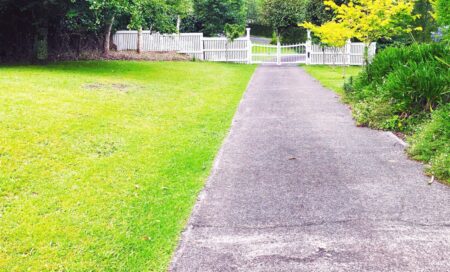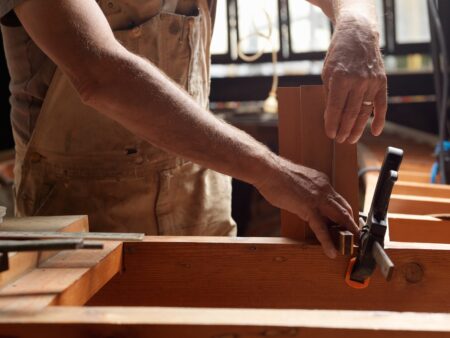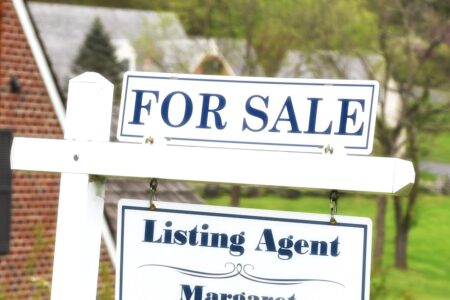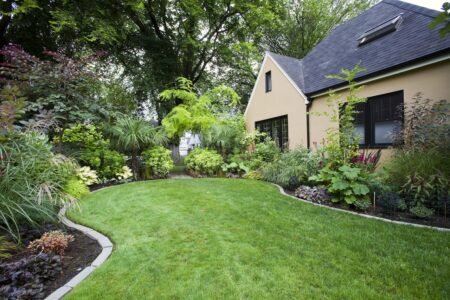If you want a great way to save money and have more control over the construction process, you should build on your land. But, to build on-site homes, where do you start?
One of the first things you’ll need to do is purchase land on which to build it. This can be a daunting task, but with careful planning and execution, it can be a breeze. In this article, we will provide you with all the information you need to build on your land.
Research Zoning Laws
The first step in the process is to research the zoning laws in the area where you want to purchase land. You will need to make sure that the land is zoned for residential use and that there are no deed restrictions that would prevent you from building on the land.
To perform such research, you can contact your local zoning office or hire a real estate attorney. Without researching the particular zoning laws affecting your parcel, you may wind up buying land that you can’t build on.
Are There Deed Restrictions?
In addition to researching the zoning laws, you will also want to find out if there are any deed restrictions that would affect your ability to build on your land. Deed restrictions are usually placed on the land by the developer or previous owner and can limit what you can do with the property.
For example, some deed restrictions may require that all homes built on the land be of a certain size or style. Others may prohibit commercial use of the property. Still, others may place environmental restrictions on the land, such as requiring that a portion of it remain undeveloped.
To learn about deed restrictions affecting your parcel, you can contact your local city planning office or review the deeds for the property at your local courthouse.
Can You Build on Your Land?
Once you have determined that the land is zoned for residential use and there are no deed restrictions preventing you from building on it, you will need to determine if the land is buildable. In order to build on-site homes, you will need to consider the following factors:
- Is the land prone to hazards, such as floods or earthquakes?
- What is the topography of the land? Is it level or hilly?
- Are there trees on the land that would need to be removed before construction could begin?
- Are there any easements or right-of-ways affecting the property?
If you have any concerns about whether or not the land is buildable, you should consult with a local builder like Build on Your Land. They will be able to assess the land and provide you with a professional opinion. They can tell you if they can build on your land or not.
Consider Adding Contingencies When Building
Once you have found the perfect piece of land on which to build your dream home, it’s important to protect your investment by adding contingencies to your offer. A contingency is a condition that must be met in order for the sale to go through.
For example, you may want to include a contingency that requires the lot pass for a septic permit before the sale can be finalized. This will ensure that you are able to build on your land as desired.
Are You Buying Easily Accessible Land?
If you are planning to build on your land, you will need to make sure that it is easily accessible. This means that the land should have a legal access point, such as a driveway or road. It should also be close enough to utilities, such as water and electricity so that they can be easily installed.
If the land is not easily accessible, you may need to hire a contractor to build an access road or install utilities. This can add significant costs to your project.
Do You Have to Install Utilities?
If the land you are purchasing does not have utilities already installed, you will need to factor the cost of installing them into your budget. The cost of installing utilities will vary depending on the type of utility and the distance from the nearest connection point.
For example, installing electricity can be very expensive if the land is far from the nearest power line. Water and sewer lines can also be expensive to install, especially if they need to be run a long distance. Every place is different, talk to your builder about this.
How Will You Purchase the Land?
Once you have found the perfect piece of land on which to build your dream home, you will need to understand the financing options available to you. There are several ways to purchase land, including cash, loans, and leases. Each option has its own benefits and drawbacks that you will need to consider before making a decision.
- Contact a Lender: If you plan to finance your purchase with a loan, you will need to contact a lender to discuss your options. Be sure to shop around for the best rates and terms.
- Hire a Real Estate Agent: A real estate agent can help you find the perfect piece of land and negotiate the purchase price. They can also assist with the paperwork and closing process.
- Submit an Offer: Once you have found the perfect piece of land and researched it thoroughly, you will need to submit an offer to the seller. Your offer should be based on your research and include any contingencies that you feel are necessary.
- Apply for a Loan: If you plan to finance your purchase with a loan, you will need to apply for financing. Be sure to shop around for the best rates and terms.
- Close: After your offer has been accepted and all contingencies have been met, you will need to close on the property. This process can be handled by a real estate agent or attorney. Once everything is finalized, you will be the owner of the land!
How Build on Your Land Can Help
Once you have found and are working on purchasing the perfect spot of land for yourself, the next step is hiring a builder. That’s where Build On Your Land comes in. We are experts at helping people build their dream homes on their own land.
We can help you with everything from finding the perfect piece of property to designing and building your home. Make sure to take a look at our FAQs as well as Contact us today to learn more about how we can help you build your dream home!








